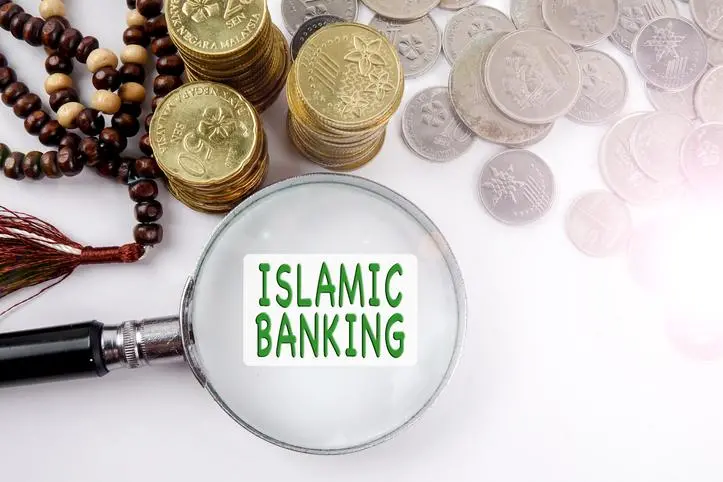PHOTO
The overall penetration of both conventional and Islamic banking in 2020 has seen a small reduction, falling from 60 percent to 58 percent for Islamic banking products and from 65 percent to 64 percent for conventional banking compared to 2019, the Islamic Banking Index by the UAE's Emirates Islamic announced.
The reduction in overall penetration was attributed to the global economic downturn due to the COVID-19 this year.
In the long run, the penetration of Islamic banking products has increased gradually from 47 percent to 58 percent since 2015, while conventional banking products have seen a reduction from 70 percent to 64 percent over the years, the Emirates Islamic survey which measures the progress, penetration and perception of the Shariah-compliant banking sector in the UAE, said.
Wasim Saifi, Deputy CEO-Consumer Banking and Wealth Management at Emirates Islamic said, “No industry has been untouched by COVID-19, as consumers have changed the way they live, preferring reduced face to face contact, more time spent in the home, and financially conservative behaviour in a climate of economic uncertainty.”
“However, while the global economic downturn has impacted consumer’s banking habits, Islamic banking continues to be perceived as more supportive of the community and trustworthy as well as having better value to customers as compared to conventional banking,” he added.
According to the survey, the overall penetration of Islamic finance products among Muslim respondents was consistent at 70 percent in 2019 and 69 percent in 2020.
Among non-Muslims, there was an increase in uptake in Islamic credit cards – 24 percent in 2019 to 28 percent in 2020, and Islamic savings accounts – 28 percent to 32 percent.
The overall perception of Islamic banks remained stable at 38 percent in line with 2019 but has improved by 12 percentage points from 26 percent in 2015, surpassing conventional banking perception and showing significant improvement in areas related to service and technology.
"Attributes such as being more supportive of the community, being trustworthy, having lower fees and offering better finance and profit rates on savings have helped in changing the perception towards Islamic banks," Saifi said.
He expanded on the opportunity ahead for Islamic banks. “It is clear that the shift to digital services has accelerated during 2020, and the real test for banks going forward, including Emirates Islamic, is to continue to innovate and strengthen their digital ecosystems, to listen, learn and create deeper trust among consumers,” Saifi said.
According to the survey, the percentage of customers likely to subscribe to banking products has dropped by 5 percentage points, due to the current economic situation, with Islamic products reducing from 38 percent in 2019 to 33 percent in 2020, and conventional products dropping from 40 percent in 2019 to 35 percent in 2020.
The sample is representative of the UAE banking consumers over 18 years, covers all nationality groups living in the UAE, men and women, across all seven emirates, Emirates Islamic said in a statement.
Responses were gathered online, in the second quarter of 2020, from over nine hundred respondents with a bank account in the UAE and earning more than AED 5,000 per month, it said.
(Reporting by Seban Scaria; editing by Daniel Luiz)
Disclaimer: This article is provided for informational purposes only. The content does not provide tax, legal or investment advice or opinion regarding the suitability, value or profitability of any particular security, portfolio or investment strategy. Read our full disclaimer policy here.
© ZAWYA 2020





















